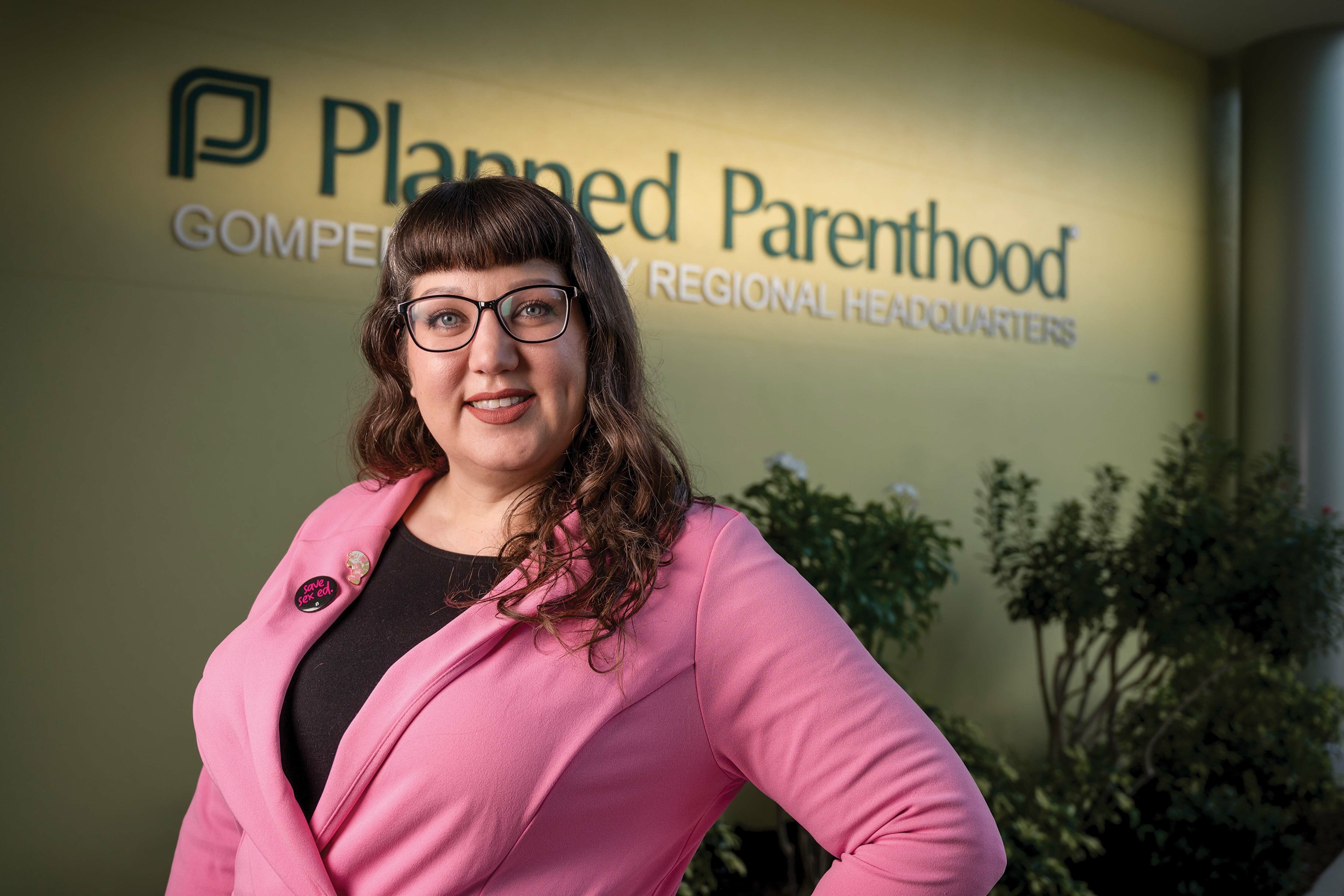Will Florida Join Other States in Restricting Access to Abortion?

Image: Staff
Most legal experts expect the U.S. Supreme Court to undermine or overturn Roe v. Wade when it rules on a major Mississippi abortion case later this year, but the real battle is likely to be fought at the state level.
And with a GOP-dominated legislature in an election year in Florida, abortion access is poised to change. To what extent is the big question.
“We’ve had very little movement in Florida for 40 years in terms of trying to prevent abortions from happening,” says Republican state Sen. Joe Gruters, who has unsuccessfully submitted multiple bills to restrict abortion since he’s been elected. “I’m optimistic we’ll pass something, but I don’t think it will be as strong as Mississippi or Texas.”
The new law in Mississippi bans most abortions after 15 weeks, while in Texas, a new measure drastically limits when women can get an abortion, capping it at around six weeks or when the baby’s heartbeat is detected. The Texas law also puts enforcement into the hands of civilians, offering a $10,000 bounty and reimbursed legal fees to those who can identify and file a complaint against someone aiding an abortion after the six-week deadline.
Republican Senate President Wilton Simpson has said that the Senate is “working on” a heartbeat bill, although no bill has appeared thus far. But Republican state Rep. Webster Barnaby, R-Deltona, has already filed H.B. 167, the “Florida Heartbeat Act,” which mimics the Texas law by banning abortions at around six weeks and would also allow people to file civil lawsuits against doctors who violate the law. The inclusion of the bounty in the Texas policy is the most controversial part of the law. Florida Senate President-Designate Kathleen Passidomo, a Republican, has already objected to this aspect of the law. “I don’t think we’ll see a Texas-type law,” she told reporters last fall.
Democratic state Rep. Anna Eskamani says up until now, Florida’s Constitution has enumerated a stronger right to privacy— “the right to be let alone and free from governmental intrusion into the person’s private life”—than in the U.S. Constitution. It was approved by more than 60 percent of the voters in 1980. This amendment survived a 2012 attempt by lawmakers to water it down. “This has been a shield for the people of Florida in protecting their abortion access,” she says. “The energy we’re hearing from Republican leadership is that they want to pursue the Mississippi ban.”
Stephanie Fraim, the president and chief executive officer of Planned Parenthood of Southwest and Central Florida, is preparing for the challenge.
“I think [the Legislature] will definitely make an attempt to continue to further restrict people’s access to get the health care they need around pregnancy, and that includes not expanding Medicaid,” she says.
Local Planned Parenthood facilities have already seen an impact from the Texas ban. Fraim says patients have driven or flown to Florida to get an abortion.
In Manatee County, anti-abortion advocates have found reason to believe that Florida might soon resemble Texas. Last June, Manatee County Commissioner James Satcher, inspired by Lubbock, Texas’ move to become a “sanctuary city for the unborn,” suggested a local policy that would ban all abortions, even though no clinic in Manatee County performs the procedure. Nevertheless, a majority of commissioners opted to send a letter to Florida Attorney General Ashley Moody to inquire about the legal validity of such a proposal. Moody’s office responded by writing that state law would preempt any local ordinance, while residents in other municipalities, like Naples, have also pushed for a total abortion ban.
Republican Manatee County Commissioner Carol Whitmore voted against sending the letter. She gave a stirring speech about her own abortion in 1973 after a non-consensual sexual encounter. “Do I regret it? Yes,” she said. “Do I still believe women should be pro-choice? Yes.”
Whitmore stresses that restricting abortion is not a decision that should be made by the county commission. “As elected officials, we look at both sides of an issue,” she says, “but this is not a local county or city issue. We don’t have the power to do this.”
Gruters also dismisses the Manatee County proposal. “What Manatee does has no impact on what we’re doing in the state,” he says. “Most people in Sarasota don’t even know what’s going on in Manatee. What Manatee is doing is a non-issue.”
Roughly 56 percent of Floridians believe abortion should be legal in all or most cases, according to a 2014 study from the Pew Research Center. According to Fraim, such poll results show that Americans’ views on the topic haven’t changed, but that the politicization of the topic has become more intense.
No matter what happens in Florida this session, abortion politics is at a turning point in the U.S. The issue will have a huge impact on the 2022 midterm elections and it’s hard to know which side of the electorate will be more motivated.



